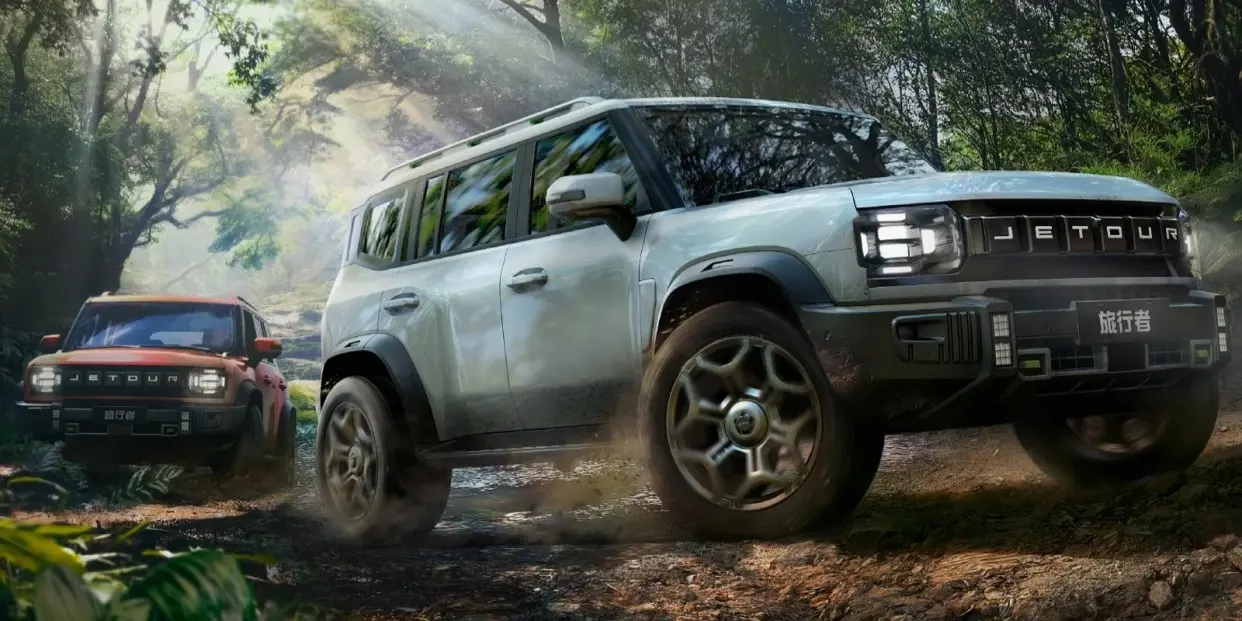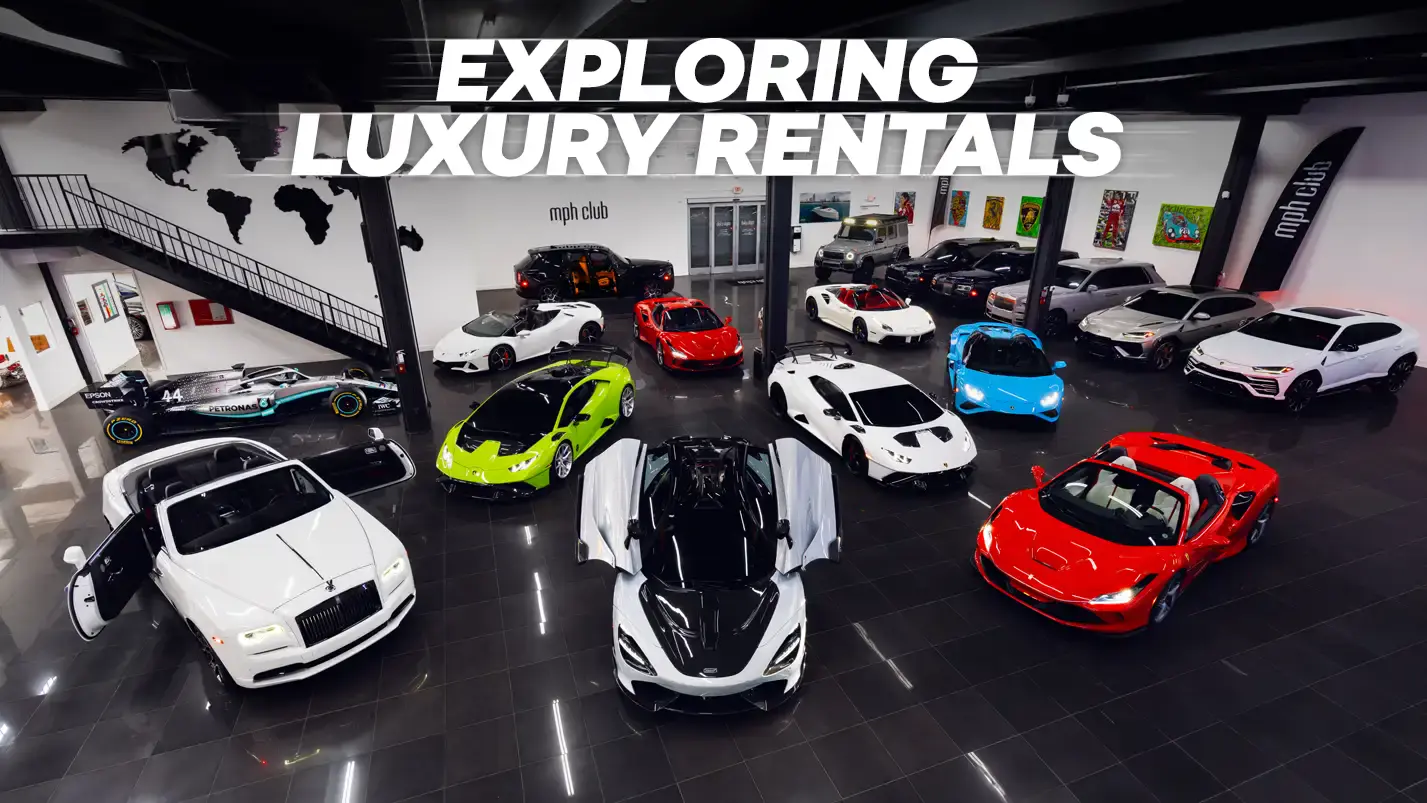
Top Selling Vehicles in the US (February 2025 Data) 📊
An analysis of US auto sales data for February 2025 highlights the top-selling models in the market . The table below summarizes the leading vehicles by sales volume as of February 2025.
| Model | February 2025 Sales | Year-to-Date Sales | Year-to-Date Sales Change (YoY) |
|---|---|---|---|
| Ford F-Series | 59,310 | 117,954 | +17.3% |
| Chevrolet Silverado | 147,868 | 560,265 | - |
| Toyota RAV4 | 37,643 | 73,893 | -7.0% |
| Honda CR-V | 30,458 | 57,738 | -1.1% |
| Toyota Camry | 21,640 | 40,647 | -15.3% |
| Honda Civic | 18,178 | 34,351 | -6.3% |
| Toyota Corolla | 16,620 | 33,961 | -10.0% |
| Toyota Tacoma | 17,110 | 35,876 | +170.8% |
| Ford Explorer | 15,071 | 28,576 | -25.7% |
| Ford Transit | 13,877 | 21,552 | -21.9% |
| Hyundai Tucson | 16,317 | 31,342 | +15.6% |
| Kia Sportage | 13,072 | 24,429 | +10.7% |
| Toyota Tundra | 10,781 | 21,145 | +1.3% |
| Honda Pilot | 10,204 | 19,053 | +9.7% |
| Ford Bronco | 9,837 | 18,893 | +21.0% |
| Ford Bronco Sport | 10,030 | 19,402 | -5.5% |
| Toyota Corolla Cross | 6,874 | 13,241 | +17.7% |
| Kia Telluride | 9,599 | 18,370 | +19.1% |
| Toyota Sienna | 8,080 | 14,528 | +33.7% |
| Hyundai Santa Fe | 9,562 | 17,858 | +17.0% |
While the Ford F-Series continues to lead in sales with 59,310 units in February 2025 and a 17.3% year-over-year increase, the strong performance of the Toyota RAV4 in 2024 suggests a potential shift in the most popular vehicle type. Despite the F-Series leading in year-to-date sales with 117,954 units , the RAV4 was considered the top-selling vehicle in the US in 2024 , indicating a growing consumer preference for compact SUVs.
The significant surge in Toyota Tacoma sales, with a remarkable +170.8% year-over-year growth , could be attributed to the release of a new model or pent-up demand. This level of growth is unusual for an established model, hinting at a major redesign driving renewed consumer interest.
The decline in sales for some sedans, like the Toyota Camry (-15.3% YoY) , likely reflects the ongoing consumer shift towards SUVs and trucks.
Fastest Selling Vehicles in the US (March 2025 Data) 🚀
Analyzing the fastest-selling vehicles as of March 2025 reveals the models currently in high demand . The table below lists the top 10 fastest-selling vehicles, including their Market Day Supply (MDS) and average selling price.
| Brand | Model | Market Day Supply | Average Selling Price | Total Sold |
|---|---|---|---|---|
| Lexus | NX Hybrid | 28 | $53,600 | 4,150 |
| Cadillac | Escalade | 28 | $116,207 | 3,808 |
| Lexus | RX Hybrid | 31 | $62,710 | 6,415 |
| Toyota | RAV4 | 32 | $37,770 | 61,960 |
| GMC | Yukon | 34 | $84,602 | 5,616 |
| Toyota | Camry | 36 | $35,079 | 44,451 |
| Toyota | Sienna | 37 | $52,016 | 13,627 |
| Lexus | GX | 38 | $79,250 | 3,549 |
| Subaru | WRX | 40 | $37,073 | 2,417 |
| BMW | X6 | 40 | $89,417 | 781 |
Despite tight inventory , the strong presence of Toyota and Lexus in the fastest-selling vehicle list highlights the strong appeal and high demand for these brands. Even with limited supply, these models are selling very quickly, indicating that consumers are actively seeking them out.
The inclusion of luxury SUVs like the Cadillac Escalade and BMW X6 also indicates a segment of the market with strong purchasing power and a desire for high-end vehicles.
The average selling price of the fastest-selling vehicles ($64,772) is higher than that of the slowest-selling vehicles ($60,312) , suggesting a stronger current demand for more expensive models.
Consumer Preferences and Popular Models 👍
Analysis of expert ratings and reviews from sources like KBB and Car and Driver , along with consumer reviews on platforms like Edmunds and Reddit , indicates the following models are highly regarded across various segments:
- Compact Cars: Honda Civic , Hyundai Elantra
- Mid-Size Cars: Honda Accord , Toyota Camry
- Full-Size Cars: Dodge Charger
- SUVs: Honda CR-V , Toyota RAV4 , Acura MDX , Chevrolet Equinox , Subaru Crosstrek
- Trucks: Ford F-150 , Chevrolet Silverado 1500 , Ram
- Electric Vehicles: Tesla Model Y , Honda Civic Hybrid , Toyota Prius
- Luxury Cars: Lexus ES , Genesis G90 , Audi A3 , Porsche 718 Boxster , BMW 2 Series , Mercedes-Benz E-Class
- Sports Cars: Mazda MX-5 Miata , Chevrolet Corvette , Subaru BRZ/Toyota GR86
Recurring themes in positive reviews include reliability (Honda, Toyota), performance (Corvette, Mustang, Tesla), practicality (Honda Accord, Civic, CR-V, RAV4), and fuel efficiency (Prius, Civic Hybrid, Tesla).
Honda and Toyota models consistently rank high, reinforcing their reputation for quality and reliability. The increasing recognition of electric vehicles like the Tesla Model Y and Honda Civic Hybrid indicates a growing acceptance of EVs.
Trends Influencing Car Popularity 💡
- Electric Vehicles (EVs) and Hybrid Electric Vehicles (HEVs): Growing in popularity, with EVs projected to reach around 10% of the market share in 2025 .
- Demand for Fuel Efficiency: Consumers increasingly prioritize fuel economy .
- Advanced Driver Assistance Systems (ADAS) and In-Car Technology: Becoming increasingly important to consumers .
Brand Popularity and Market Dynamics 🏢
Analysis of the most popular and valuable car brands in 2025 reveals:
| Rank | Car Brand | Valuation (USD) |
|---|---|---|
| 1 | Toyota | $64.7 Million |
| 2 | Mercedes-Benz | $53.02 Million |
| 3 | Hyundai | $46.3 Million |
| 4 | Tesla | $42.99 Million |
| 5 | BMW | $42.5 Million |
| 6 | Porsche | $41.14 Million |
| 7 | Mitsubishi | $40.35 Million |
| 8 | Volkswagen | $31.5 Million |
| 9 | Honda | $28.27 Million |
| 10 | Ford | $22.92 Million |
Consumer Reports ranked Subaru, BMW, Lexus, Porsche, and Honda as top brands , while U.S. News & World Report named Honda the Best Car Brand, Hyundai the Best SUV Brand, Ram the Best Truck Brand, and Porsche the Best Luxury Brand .
Inventory analysis shows tighter supplies for Toyota, Honda, and Subaru.
Conclusion ✅
The US car market in March 2025 is characterized by the ongoing popularity of SUVs and trucks, the rise of electric and hybrid vehicles, and the significant influence of brand reputation. While traditional bestsellers remain strong, the increasing interest in EVs and the varied performance of luxury models highlight the evolving consumer priorities and the impact of economic and technological factors.









